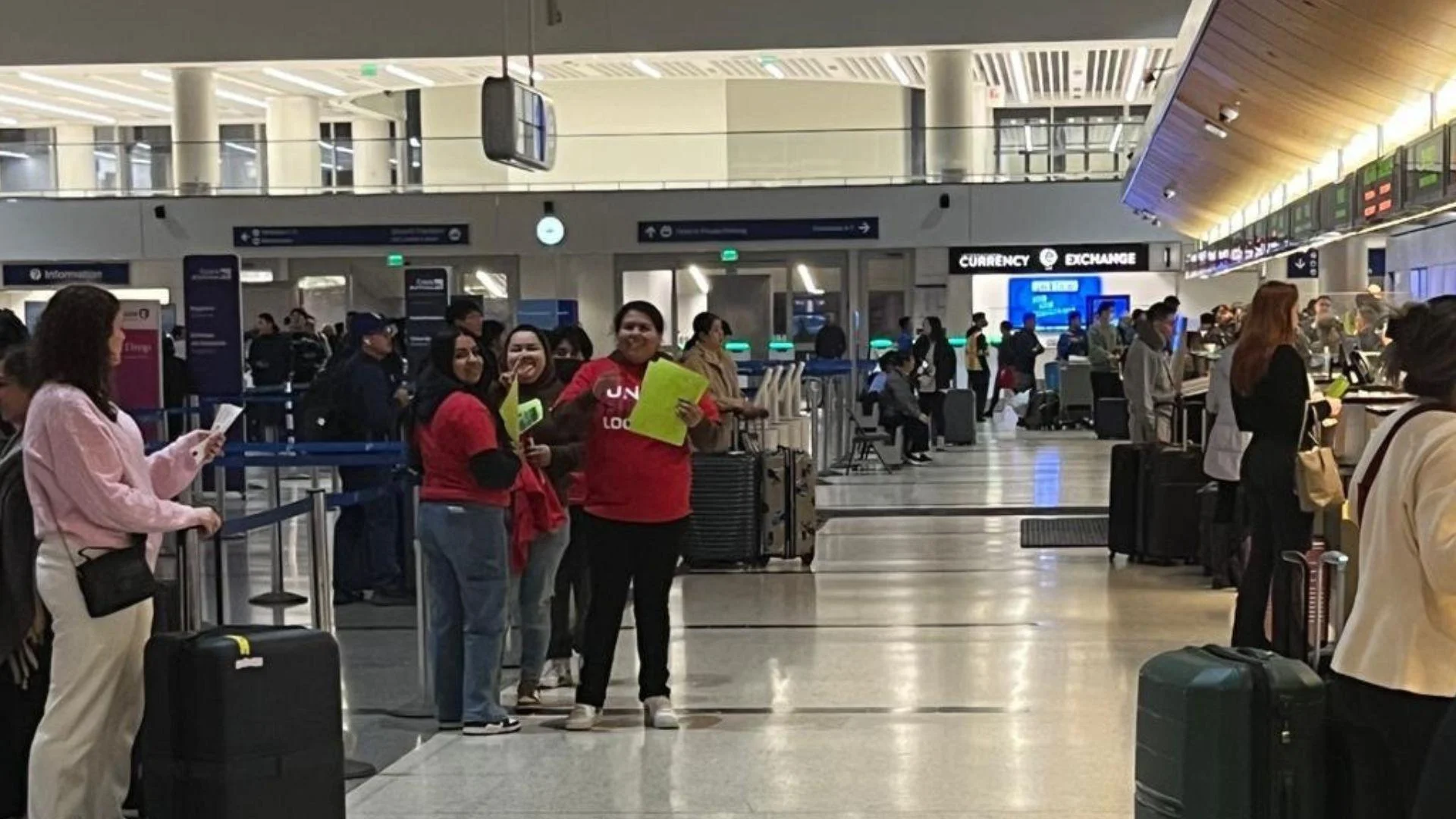He attributed the delays primarily to CrowdStrike while emphasizing his team's efforts:
"While our initial efforts to stabilize the operations were difficult and frustratingly slow and complex, we have made good progress this week and the worst impacts of the CrowdStrike-caused outage are clearly behind us."
Bastian did offer an apology but reiterated that the disruption was due to external factors:
"I know the last few days have been difficult. To our customers who were impacted, I want to thank you for your patience and apologize again for the disruption to your travel."
The apology came after days of passenger complaints about long wait times for customer service and insufficient support such as hotel accommodations or meal vouchers. Reports indicate that some passengers were told it would take 17-20 hours to reach customer service representatives.
Technical failures compounded these issues. The airline directed passengers to its website and app for updates and rebooking; however, these systems also failed under heavy load. A software engineer described this as a “thundering herd” problem where simultaneous requests overwhelmed servers.
Delta has experienced significant IT outages before but has struggled with recovery each time. Despite promises of improvement, including staff reductions last fall, systemic issues remain unresolved.
One observer noted that fixing fundamentally broken airline systems is challenging due to their complexity under high traffic conditions. Testing such systems can be difficult because real-world stress scenarios are hard to replicate.
Historically, Delta has marketed itself as superior in reliability and customer service compared to competitors like United Airlines and American Airlines. However, critics argue that this perception may contribute to its inability to effectively manage crises.
As Delta continues its recovery efforts, questions linger about its preparedness for future disruptions and its capacity for accountability.
 Alerts Sign-up
Alerts Sign-up




































